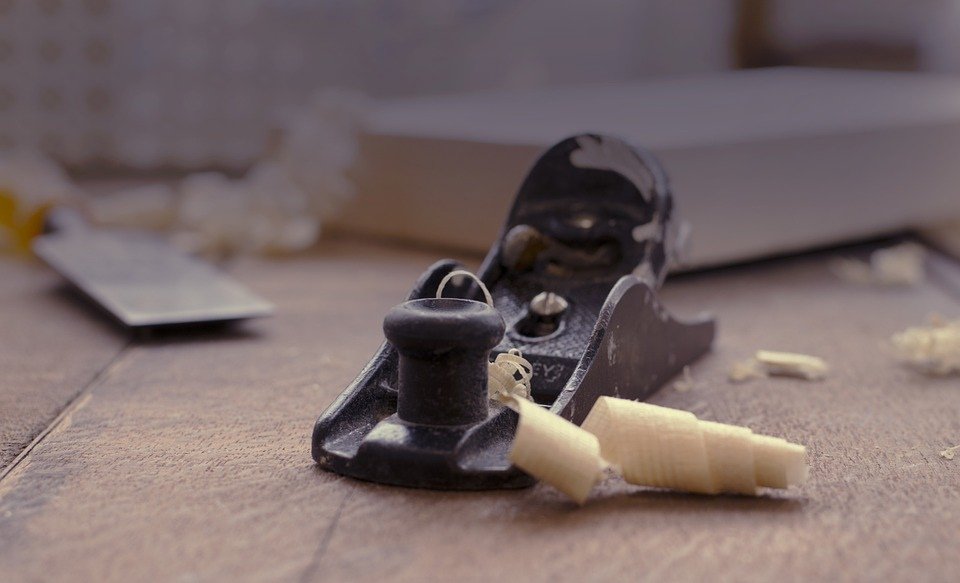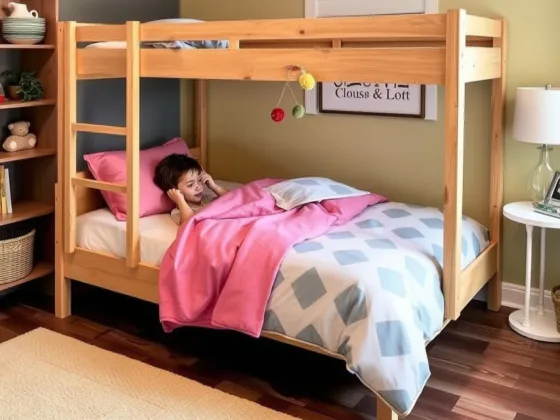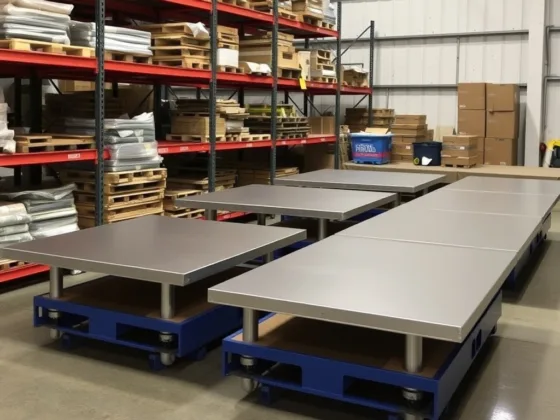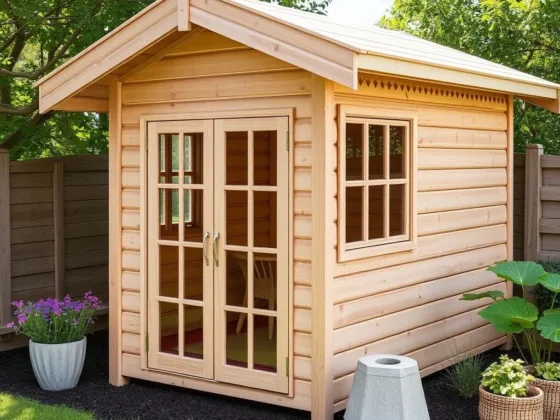Table of Contents Show
If you’re planning to set up a woodworking workshop, there are some tools that are absolutely essential must-haves for working on projects. In the following insightful article, you’ll find out the top five tools that you need to buy.

A Quick Word About Tool Types
Before looking at the precise must-have tools for your woodworking shop, take into consideration the fact that you can buy hand tools, power tools, and automatic machinery.
If you’re running a commercial enterprise or simply want the best tools for your hobbyist needs, consider CNC tools. You’ll find CNC equipment for sale that ranges from lathes, grinders, and saws to mills, presses, and press brakes, and most everything in between.
With Computer Numerical Control equipment, you first design a product with a computer-aided design program. The data is then turned into a machine language that provides the CNC machine with detailed instructions to automatically create your custom item with the utmost precision.
While CNC tools are not necessarily must-have items for every woodworker, many people find them invaluable. Now, let’s take a look at the essentials you need for your woodworking shop.
Saws
Any woodworking shop needs to contain both handsaws and power saws. After all, virtually every woodworking project involves cutting wood.
When determining what types of saw you need, consider the projects you intend to use them for and what woods you will be using. Some saws will be better for hardwoods like oak while others will be better for softwoods like pine.
When it comes to power saws, a circular saw is most definitely a must-have item. The round blade of sharp teeth can tear through wood easily. There are three types of circular saw available.
Ones with ripping blades cut wood lengthwise along or with the grain, ones with crosscut blades saw across the grain, and ones with combination blades are designed for both crosscutting and ripping.
Another power saw that makes a host of tasks much easier is the jigsaw. A jigsaw can make intricate cuts that are straight, curved, or serpentine.
As for handsaws, there are several types available, including ripping handsaws, which cut with the wood grain, crosscut saws, which cut across the grain, combination saws, which perform both rips and crosscuts, and dovetail saws, which can complete fine dovetail joint tasks.
Read Also:
Planes
Once you have cut wood to a rough shape, you’ll need to use a plane to create an attractive and highly finished appearance. All types of planes use a fixed blade to shave off wood fibers and make the wood progressively smoother.
There are various types of planes available, so consider what you will be using planes for. Common ones found in most people’s woodworking shops include jack planes, block planes, rabbet planes, and scraper planes.
In addition to getting a plane, you’ll also need to invest in hand files and an electric sander.
Hammers
Yes, it’s hammer time. A hammer is a vital part of any woodworker’s kit. However, there’s no such thing as a universal hammer.
Different hammers do different jobs, so make sure you buy the ones that you need for the exact tasks you will be doing. The closest you can get to universal hammers are claw hammers and finishing hammers.
You may also want to consider framing hammers, as they are particularly sturdy. But framing hammers can be too much for many woodworking projects. And you’ll probably want to get a tack hammer, which is ideal for doing small work.
A Power Drill
Many woodworking projects will involve making holes, so a decent power drill is a must. Furthermore, quality electric drills can be used for many other purposes than drilling different sized holes.
These days, you can purchase all kinds of attachments that can turn your drill into other useful woodworking tools.
A Tape Measure
You cannot perform woodworking projects without measuring pieces of wood, so a tape measure is absolutely vital. You should have one hooked to your belt every time you’re in your workshop.
There are numerous types of tape measures available, such as retractable steel ones, flexible reel ones, and folding tape measures. They typically come in lengths ranging from twelve to thirty feet.









